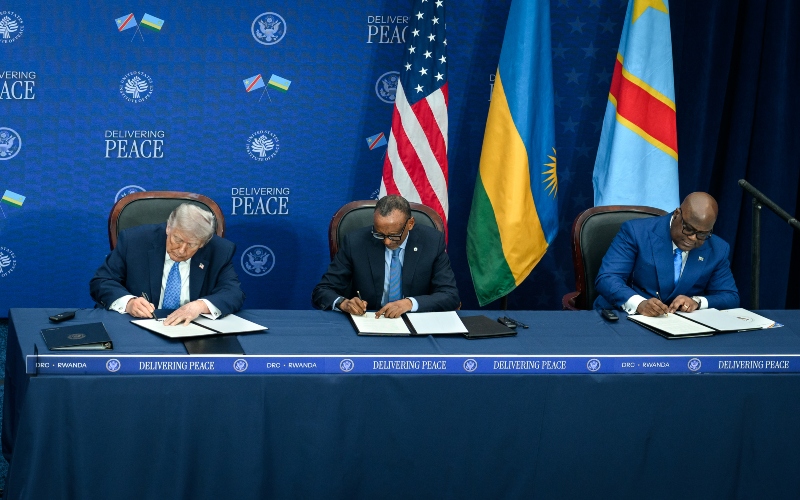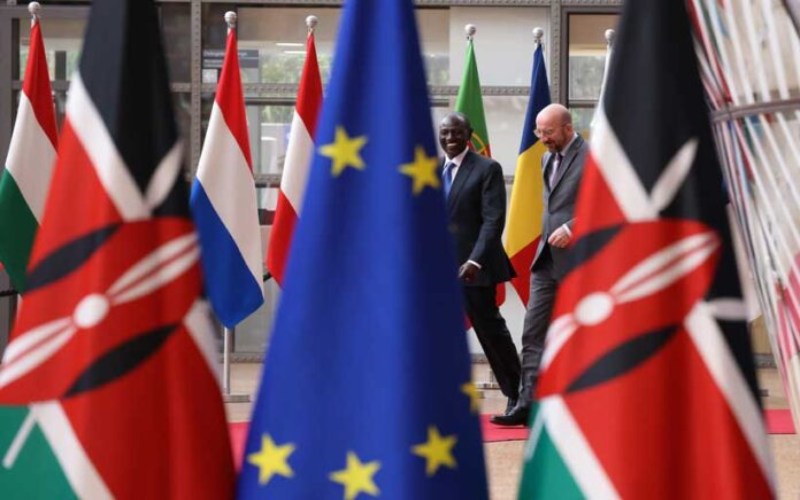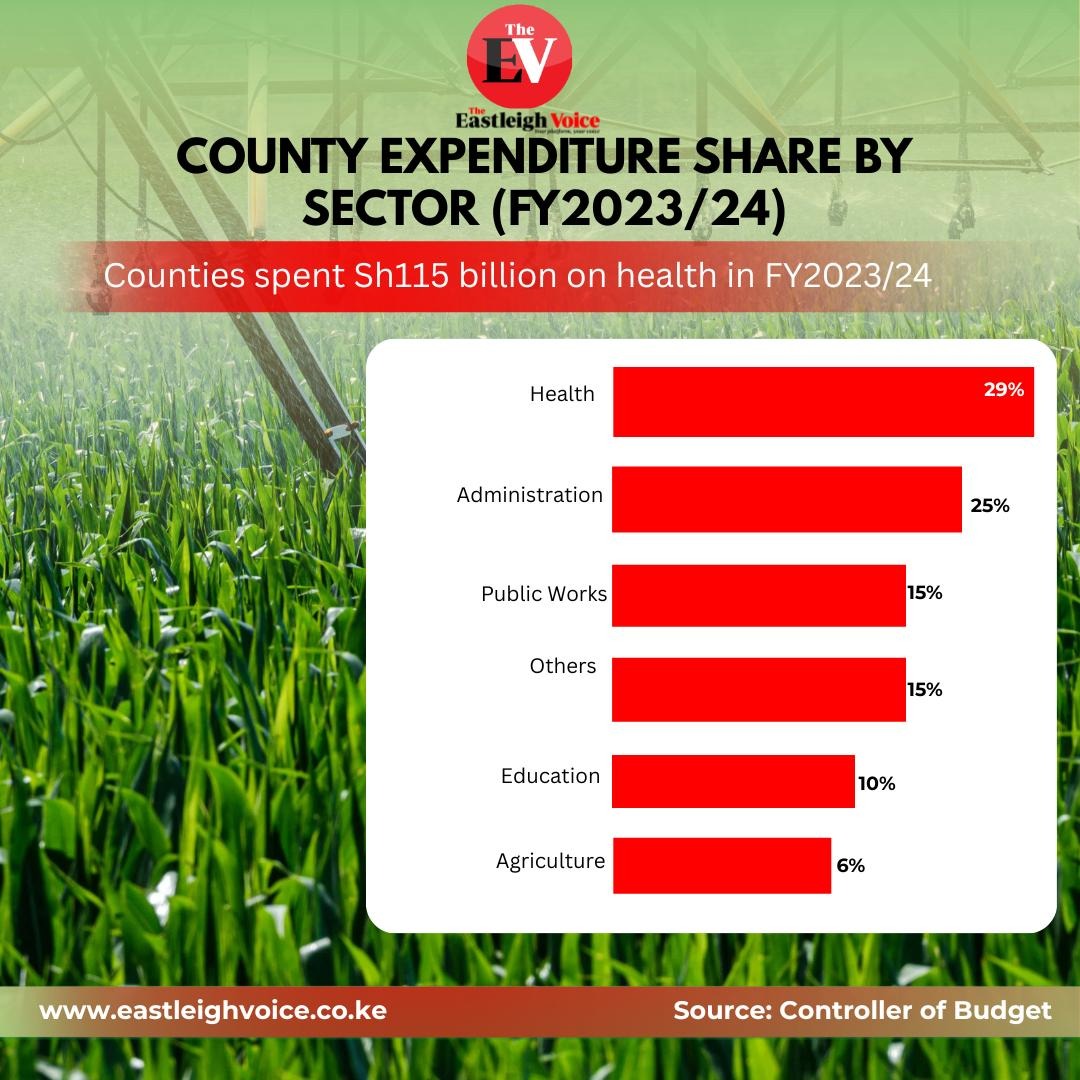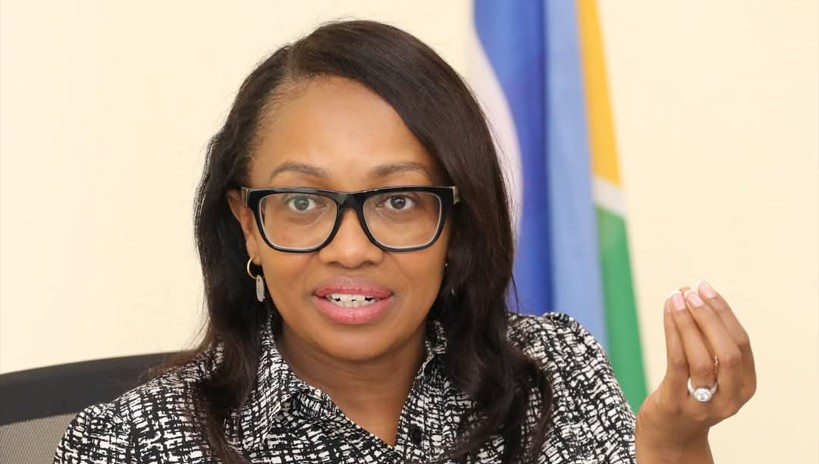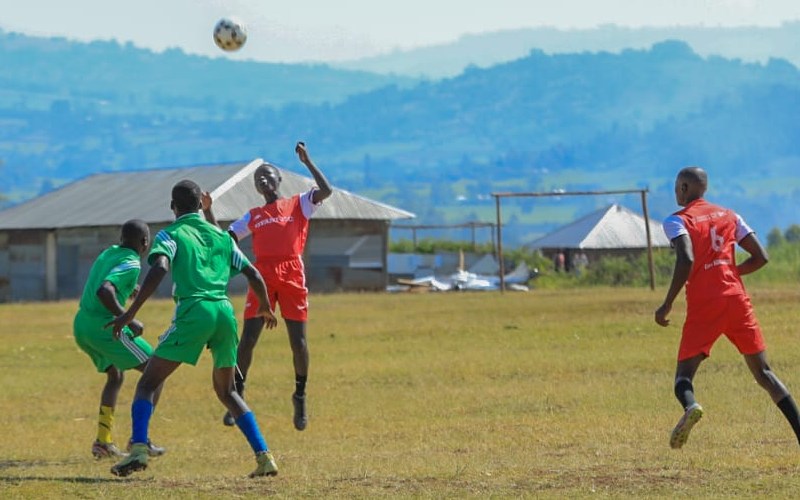Sudan's new PM Kamil Idris unveils technocrat cabinet, setting up clash with armed factions
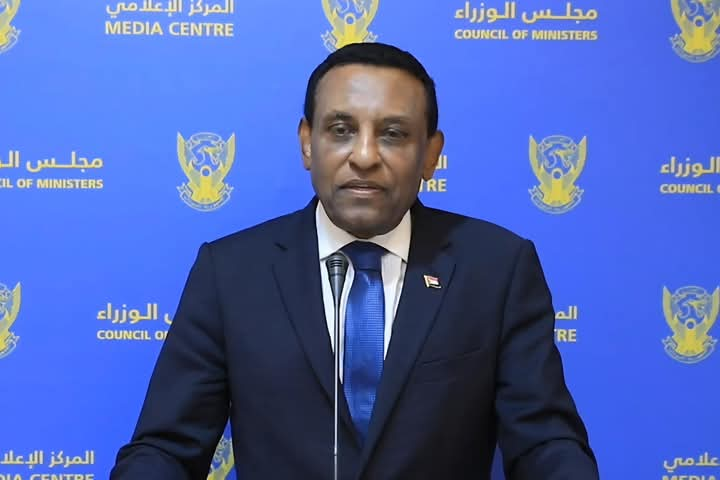
The PM set the stage for a confrontation with entrenched armed factions that have held sway under previous power-sharing arrangements.
Sudan's new Prime Minister, Kamil Idris, has unveiled an ambitious plan for a technocratic cabinet, setting the stage for a confrontation with entrenched armed factions that have held sway under previous power-sharing arrangements.
Appointed on May 19 by army chief Abdel Fattah al-Burhan, Idris is the first premier since Abdalla Hamdok resigned in 2022 after a failed political transition following the October 2021 coup.
More To Read
- Sudanese herders struggle to safeguard livestock amid devastating war
- US sanctions network accused of recruiting Colombians to fight for Sudan’s RSF
- Sudan’s RSF seizes Heglig oilfield in major strategic blow to army amid escalating conflict
- WHO calls for ceasefire after deadly attacks on civilians in Sudan kill 114, including 63 children
- Sudan puts Russian Red Sea naval base plans on hold to focus on domestic crisis
- Children killed in Sudan’s South Kordofan drone attacks as humanitarian crisis worsens
His proposed "Government of Hope" would comprise 22 "non-partisan technocrats", a direct repudiation of the quota system enshrined in the 2020 Juba Peace Agreement—a deal that gave military-aligned armed groups a stake in state power.
"Political quotas and nepotism in all their forms must be erased from the government's dictionary," Kamil declared in a televised address.
He pledged to select the reduced cabinet members from 26 solely on the basis of merit, insisting they must be "non-partisan Sudanese nationals with the highest levels of knowledge, competencies, and integrity."
The move puts Kamil on a collision course with powerful figures like Gibril Ibrahim, leader of the Justice and Equality Movement, who currently holds the finance portfolio, and Minni Minawi's Sudan Liberation Movement, which controls the minerals ministry.
The Sudan Tribune reported that these factions are unlikely to cede their seats quietly.
In a bid to rationalise governance, Kamil also vowed to dismantle overlapping commissions and "parallel governments" that he said were draining public resources.
He invited qualified Sudanese to submit their CVs to build a national "stockpile" of technocratic talent—an unprecedented approach in Sudanese politics.
Yet even as Kamil champions reform, Sudan remains mired in war.
The ongoing conflict, now in its second year, has killed thousands, displaced millions, and created one of the world's worst humanitarian catastrophes.
Top Stories Today

